MLK’s Enduring Legacy
BU community reflects on civil rights leader’s legacy
On the night of April 4, 1968, Martin Luther King, Jr. (GRS’55, Hon.’59) was gunned down on the balcony of a motel in Memphis, Tenn.
The most prominent voice in the US Civil Rights Movement of the 1950s and 1960s, King was a strong and influential advocate of nonviolent protest and civil disobedience in the struggle for equal rights for black Americans. For this work, the Baptist minister earned the Nobel Peace Prize in 1964. When he was assassinated, King was in Memphis to support African American sanitation workers, who were striking to protest unequal wages and working conditions.
His assassin, James Earl Ray, at first escaped, but was captured at London’s Heathrow Airport in June 1968. Sentenced to a 99-year jail term, he died in prison in 1998.
To commemorate the 50th anniversary of MLK’s death last spring, BU Today reached out to BU faculty, staff, and students, asking them to reflect on King’s legacy. Read their essays and view their videos below or by clicking on the boxes above.
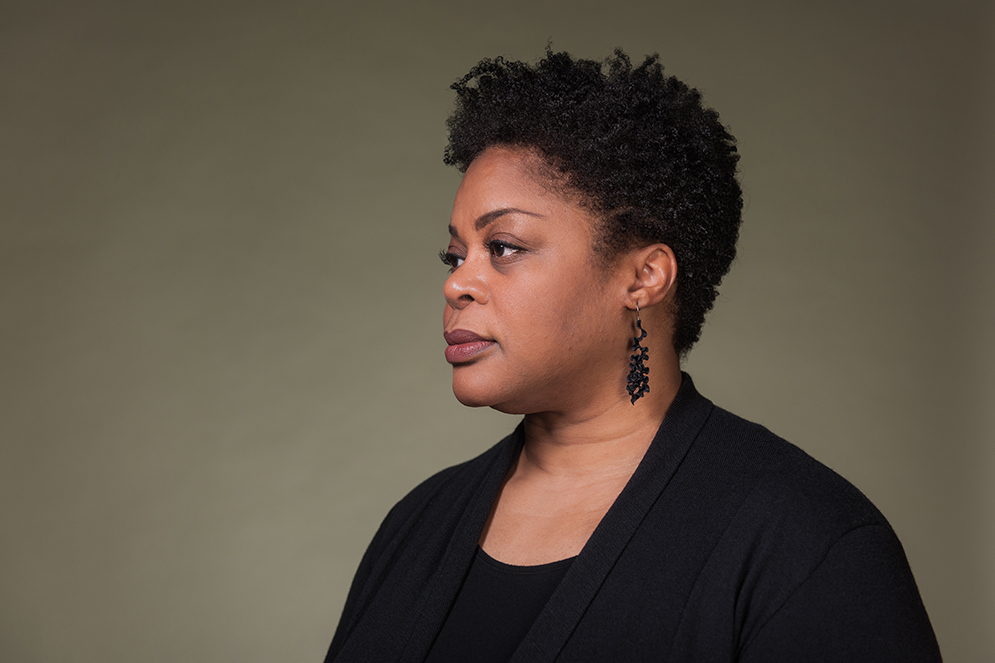
Crystal Williams
Associate Provost For Diversity And Inclusion
Throughout my life, Dr. King’s legacy has existed in a state of perpetual metamorphosis, a slow aggregation of meaning that has seemed at turns unfathomable and utterly dependent on my angle of vision. I was born two years after his assassination. In this way and for me, King has always been a symbol and his legacy, especially when I was very small, deeply symbolic. As a girl, I thought the man himself was our inheritance, a symbol of love, compassion, and courage, which was, of course, the story we are often told. As a younger woman, I came to understand that the legacy included a call to action—an opening for people of any hue and gender to enter into collective change-making.
As I’ve matured, the legacy continues to expand into a set of directives: 1) we are, as poet Gwendolyn Brooks wrote, “… each other’s harvest; we are each other’s business; we are each other’s magnitude and bond”; 2) be learned and know the history of humans—successful activism requires understanding the past as one attempts to change the future; 3) justice belongs to all people, so welcome everyone into justice-seeking efforts; 4) change your mind and tactics when new evidence comes to the fore; and 5) love yourself, love others, and embody compassion so that you can be rigorous and tough without dwelling in madness. In midlife, this is the part of his legacy I most closely grasp: be loving and tough and be unapologetic about being loving and tough.

Babatunde Alford
Boston University (CGS’16, CAS’18)
He came in with a very strong voice, a very passionate group of people, and a very idealized goal, so if we want to exact the same kind of progress that we saw then with the problems that we have now, you’ve got to do just the same thing.”
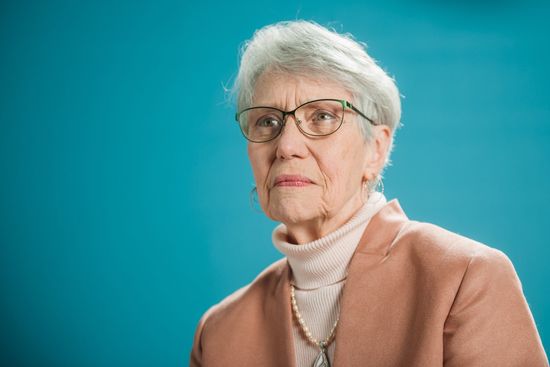
Mary Elizabeth Moore
Dean of the School of Theology and professor of theology and education
Young people have been protesting gun violence, spreading their influence from Parkland, Fla., across the nation. They will not let this issue fade. They follow in the legacy of Martin Luther King, Jr., who as a young man led the Montgomery bus boycott, and who thereafter rallied millions of justice-bound people, young and old, to protest and demand change.
Every day we see hideous outpourings of racist, homophobic, and classist rhetoric, accompanied by violence against whole groups of people. The rhetoric, even from the highest policymakers, blames people of color for violence that has more often been perpetrated by whites. The legacy of Martin Luther King, Jr., is to say No to a culture of death and Yes to a complete transformation of culture to protect and nourish every community and every person. He pronounced racism, poverty, and war as threats to humanity, and he led a movement to generate protest, structural change, and nonviolence. That is a legacy to claim.
King’s legacies of leadership and cultural transformation are possible because of hope. He faced real fear of failure on the first morning of the bus boycott and later on the Edmund Pettus Bridge. Indeed, he faced failure itself more than once, witnessed violence against many lives, and endured attempts on his own life long before his assassination on April 4, 1968. King’s legacy was hope—his repeated decisions to give his life to possibility. Such a legacy asks nothing less of us than to give our whole selves to being transformed and transforming agents in a violence-torn world.
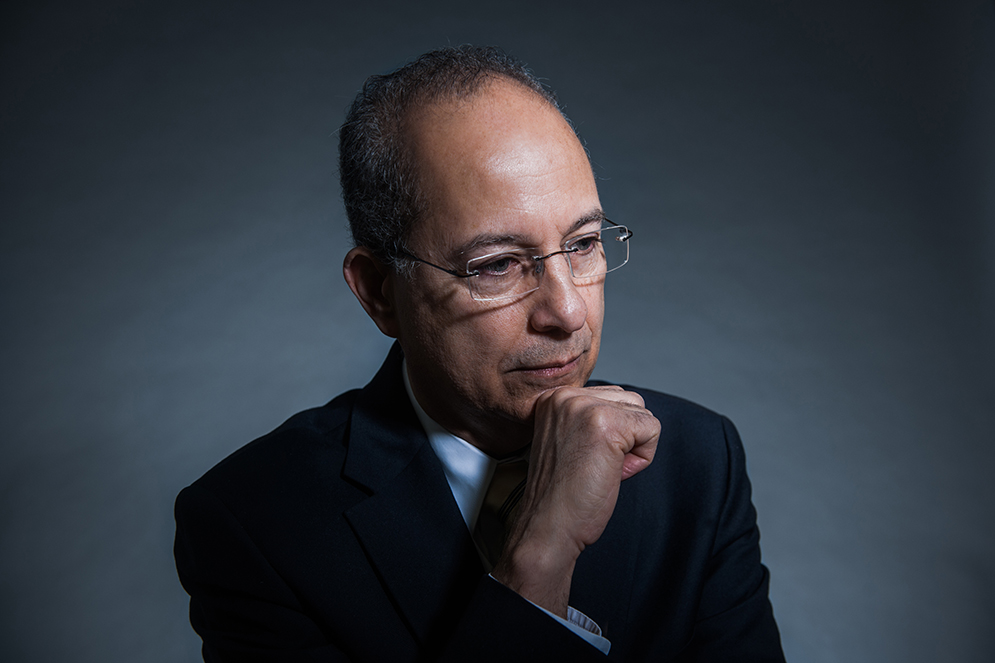
Rafael Ortega
School of Medicine associate dean for diversity and multicultural Affairs and professor of anesthesiology
When I was a young teenager, my parents, motivated by their desire to give their children the best education, sent me from the Dominican Republic to Fayetteville, N.C., to learn English for a year, starting in July 1967. I lived with a well-educated and socially active black family. Unbeknownst to my parents, who had an idealized view of the United States, I was quickly becoming familiar with much more than just another language. As the Vietnam War raged on and racial tensions were at a high point, I learned that, in contrast to the Dominican Republic, racial demarcation lines in the United States were sharply defined. I also realized that not knowing your place in this society could have consequences, ranging from being insulted with derogatory epithets to physical violence. Being a Hispanic high school student living with a black family and attending a predominantly white school had its challenges. It was in this whirlwind of confusion that I first heard the loud and unambiguous voice of Martin Luther King, Jr., who was assassinated in 1968, as my cultural experience was drawing to a close. Only years later, after much reflection and greater life experiences, did I fully grasp the significance of our greatest civil rights leader and how his teachings shaped my thinking. Today, I appreciate with absolute clarity that his universal and inspiring message of brotherhood, justice, and equality transcends all races and cultures, and that he gave his life in his pursuit for it.

Robert Allan Hill
Dean, Marsh Chapel, Boston University
Many across region and race and difference and denomination and religion heard, and continued to hear, in those years, through that one prophetic pastoral and personal voice, saving and intervening words. If there’s one word to remember about King this week, it might just be the word itself.”
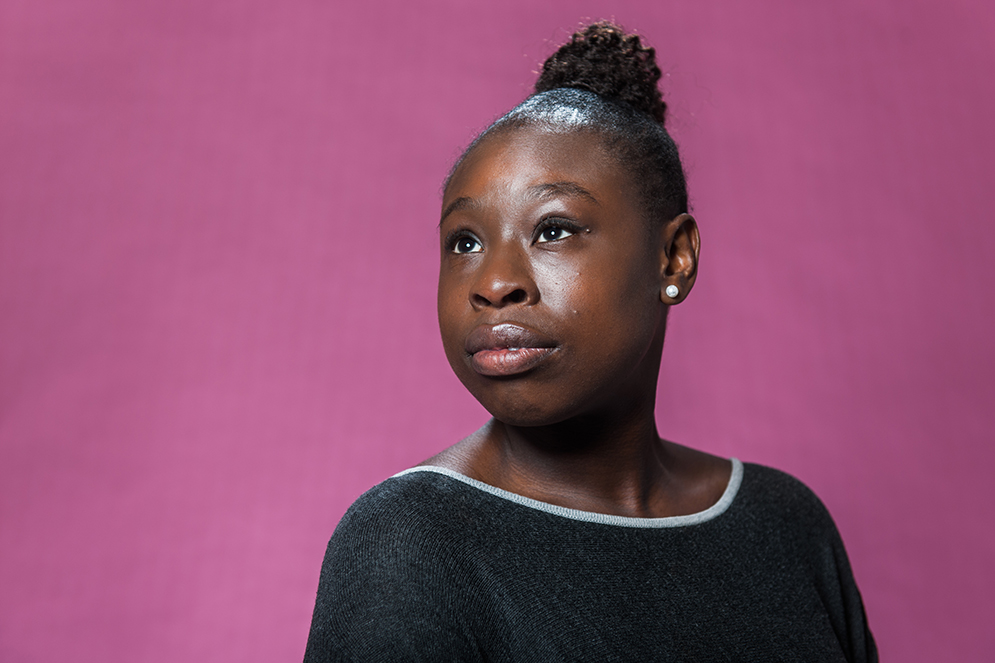
Sherifat Bakare
Boston University (CAS’16, SPH’18)
During spring break, I had the opportunity to embark on a civil rights journey through the Howard Thurman Center for Common Ground. While I learned a great deal throughout the week, the thing that most moved me and stuck with me was the idea of the Civil Rights Movement being MLK-centric. However, MLK could not have been the monumental figure that he is today had the way not been prepared. He became the strong orator we now know him to be once he encountered Sandy Ray, a professor at Morehouse College. His ability to mobilize the congregation of the first church he pastored to take part in the movement would not have been possible had Vernon Johns not led the congregation before. Fred Shuttlesworth was critical in mobilizing the Birmingham community. And lest we forget, there were women who were vital to the 1963 March on Washington, such as Dorothy Height. The legacy of MLK is a great one and has made lasting social impacts around the world, causing us to often seek for the MLK of today, when rather, we should be uplifting and nourishing those making smaller impacts, because they too are the catalysts needed to bring about change.

Cornell Brooks
Civil rights attorney, former NAACP president (STH’87, Hon.’15)
Dr. King reminded us again and again that hope is not a matter of that which can be empirically or historically justified, but rather it is a matter of existential necessity. In other words, you have to have hope in order to move the country forward and certainly to move humanity forward.”
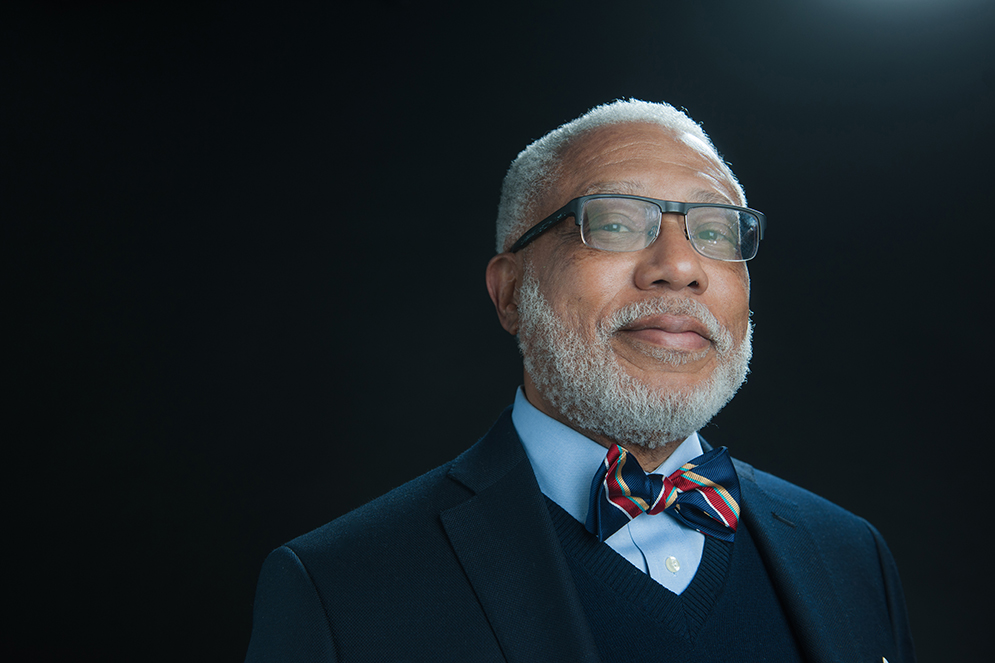
Walter Fluker
Martin Luther King, Jr., Professor of Ethical Leadership and Editor and Director, The Howard Thurman Papers Project, BU School of Theology
During his last year, King asked the difficult question, “Where do we go from here?” as a signal to African Americans and other marginalized groups that their quests for full citizenship would need to extend beyond the restricted boundaries of US geopolitical and capitalist interests in what he called a “World House.” His question is an interrogation of the promised land of freedom and the precarity of nondemocratic performances that we see daily in the neoliberal theater of many of our political leaders in Congress and the White House. His legacy, therefore, bequeaths to us our own existential and ethical questions regarding the meaning of democratic space and its compatibility with the notion of a World House—especially in this moment of American history when it appears that we are returning to a time that we thought we had bypassed after the election of President Barack Obama in 2008.
As we continue to witness increasing forays of gun violence, the building of walls to keep others out, saber rattling with North Korea, and the visceral emotions unloosed after tragic displays of domestic terrorism, we must ask ourselves, “Where do we go from here?” King’s call for a World House reminds us that there is indeed “plenty good room” in our nation for a diverse and inclusive society, but first we must create and share space with others in our precious, but fragile experiment in democracy. We are not yet the nation that visionaries like King dreamt—rather it is a project that we must bring to realization and re-form in each generation.

Victoria Saeed
Boston University (CAS’18)
One of the things that people ask is, where is our next Dr. King, where is our next civil rights leader? And I think that the idea isn’t that we should be waiting for somebody to lead us—we should be out fighting for what this man was killed for.”

Justin Flynn
Boston University (CGS’15, Questrom’18)
The enduring legacy of Reverend Martin Luther King, Jr., is one of radical love for all humanity. Dr. King dedicated his life to combating racial injustice and poverty, and in the last year of his life, he took a risky stance against US involvement in the Vietnam War on moral grounds. He fought for the inherent equality of all persons to be universally recognized, regardless of their race.
Dr. King executed this concept of radical love through the courageous social doctrine of nonviolence. He saw racism, poverty, and militarism as vicious cycles of violence against humanity. Anchored in hope for the future, nonviolent activism aims not only to free the disinherited from their oppression, but also to reform the hearts of those who encourage or enable these injustices to occur.
During my time at Boston University, I have thought much about Dr. King as I walk the same hallways and look through the same windows as he did while he was a student here. I will forever be inspired by Dr. King. His life’s work is an example for young people everywhere who want to effect change in their communities and around the world. Our biggest threat is not the blaring hatred spewed about from the mountaintops of prejudice; our biggest threat is our own silence in the face of injustice. Silence is the greatest threat to the future of humanity. I am sure that Dr. King would encourage each and every one of us to continue to speak up, speak out, and make an impact.
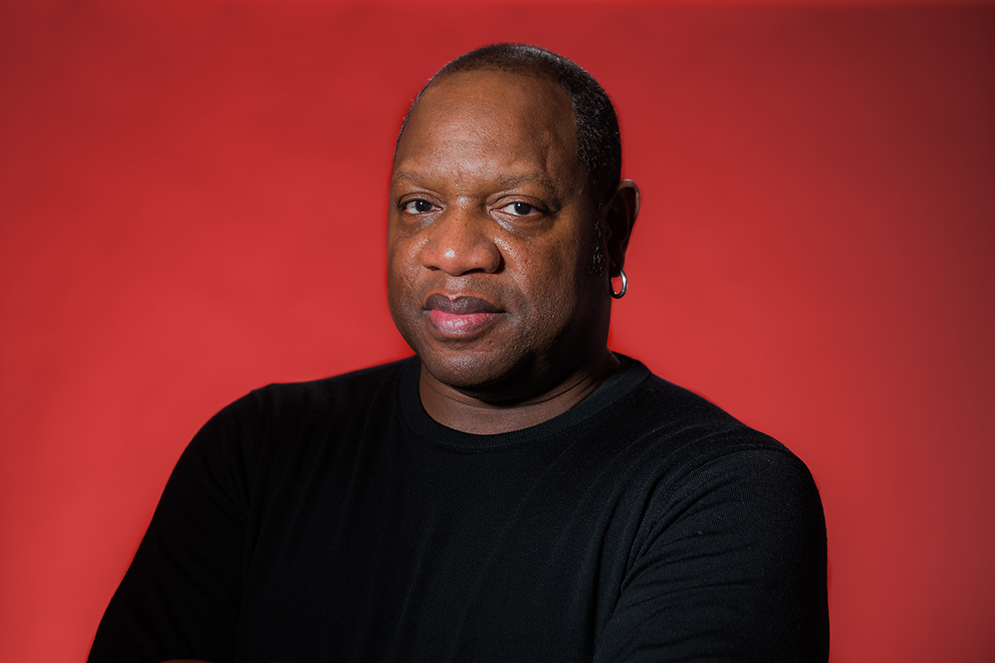
Louis Chude-Sokei
George and Joyce Wein Chair in African American Studies, director of the African American Studies Program, College of Arts & Sciences professor of English, and editor in chief of The Black Scholar
Sometimes memory is just a way of organizing our forgetting.
Because commemorations of Dr. Martin Luther King have become official—therefore guilt-free—they also serve to erase him, or those aspects that were and are threatening to the very nation that celebrates him. This is, after all, a country that in fundamental ways remains consistent between his death and these annual rebirths. I wouldn’t go so far as to say there has been no change, however. That would deny the impact made by those vast social and cultural struggles that needed a focus figure in a country that still struggles to understand the complexities of broad-based social movements. We still cherish heroes here, myths of individual effort.
But now that so much of what has been achieved is being deliberately dismantled, King needs to be rescued from our remembering. We need the King that earned his own death by threatening this very society, who helped enshrine mass protest as the primary language of the powerless, who insisted that we fight each other’s battles because they are ours, who recognized that racial inequality could not be faced without reckoning with social and economic inequity, and who was killed while organizing a “Poor People’s Campaign,” going so far as to argue for a universal basic income. That is the Martin Luther King we need to recover, not neuter. Because memory can be used against us and because memory should never, ever be allowed to be simply about the past.
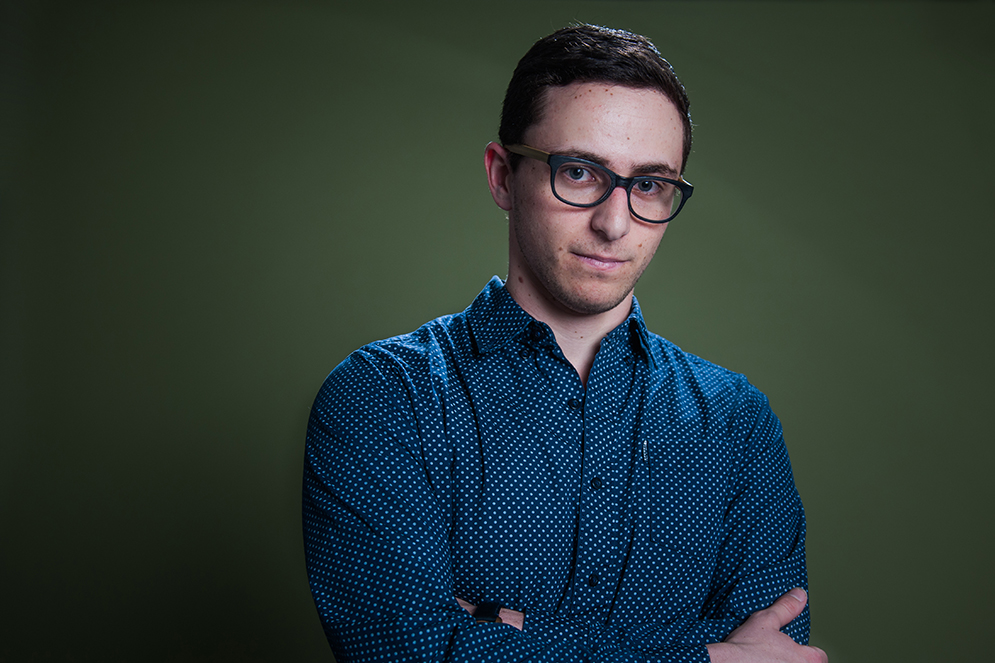
Kobe Yank-Jacobs
Boston University (CAS’18)
I recently had the chance to walk down Auburn Avenue, where Martin Luther King, Jr., grew up and where he rests today. I entered the sanctuary where he gave his final sermon to the Ebenezer congregation, which still plays over its speakers. In it, he discusses his wishes for his own legacy. I can do no better than what he said of himself: Martin Luther King, Jr., left “a committed life behind”; he left behind a life of service. On Sunday morning that street had mighty fine cars parked on it––it was upper-middle class even in King’s day. He could have been comfy and cool in Daddy King’s shadow, outside the line of fire. But he was called to serve.
No, he didn’t plan on a life of international fame, and in 1955 couldn’t have known it would come knocking. His home was bombed in 1956 and he was stabbed in 1958. He could have justifiably left activism behind for the sake of safety there and then. But 10 years later he would be taking up the cause of garbage workers in Memphis, without any fear, because he was called to serve.
No, he didn’t plan on a life of international fame, and in 1955 couldn’t have known it would come knocking. His home was bombed in 1956 and he was stabbed in 1958. He could have justifiably left activism behind for the sake of safety there and then. But 10 years later he would be taking up the cause of garbage workers in Memphis, without any fear, because he was called to serve.
And 50 years later his life still defines the words “commitment” and “service.”

Harvey Young
Dean, Boston University College of Fine Arts
We can look around and see the protests that increasingly are calling attention to racism, bigotry, and misogyny within society and wonder where can we find hope. The fact that he woke up every day within a society in which things were even more extreme and found a sense of purpose and possibility reminds us 50 years later that if we lean in, lean forward, work together, that we can actually make incremental changes and that we can improve society as it goes forward.”
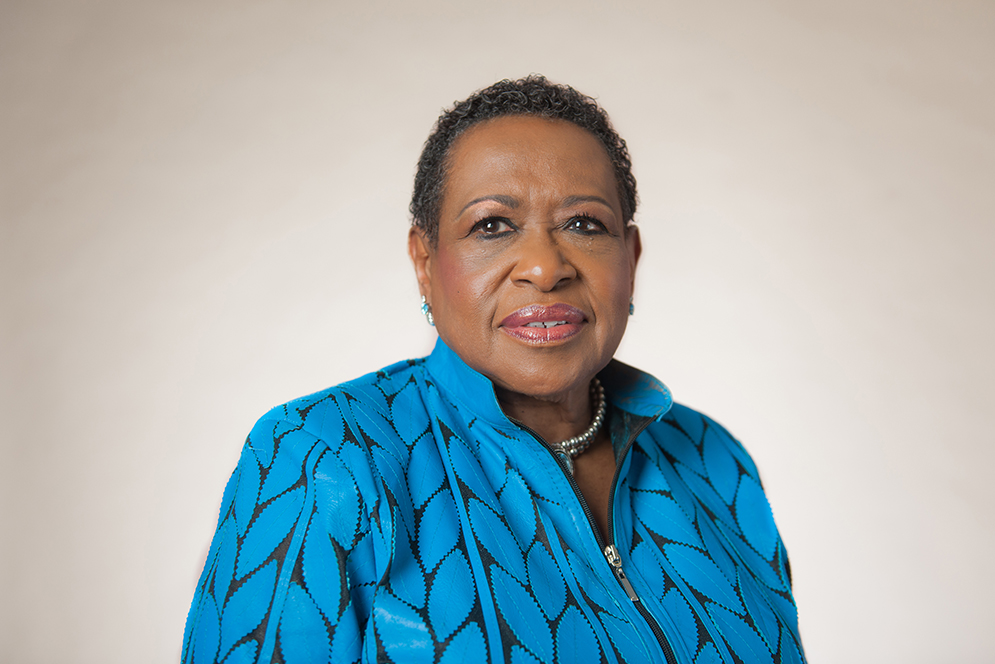
Katherine J. Kennedy
Director of the Howard Thurman Center for Common Ground
There is an often-debated question: did Dr. Martin Luther King, Jr., fail in his campaign for civil rights? As a doctoral student at Boston University, he began formulating his message of the Beloved Community. Although he is most always referred to as the greatest US civil rights leader, Dr. King’s commitment was to human rights for all people everywhere. He said: “A widely separated family inherits a house in which they have to live together. This is the great new problem of mankind. We have inherited a large house, a great ‘world house’ in which we have to live together—black and white, Easterner and Westerner, Gentile and Jew, Catholic and Protestant, Moslem and Hindu—a family unduly separated in ideas, culture, and interest, who, because we can never again live apart, must learn somehow to live with each other in peace.” The Civil Rights Movement focused on the racial and social injustice experienced by the American Negro. But Dr. King, counseled by Dr. Howard Thurman (Hon.’67), the former dean of Marsh Chapel, accepted Dr. Thurman’s belief that the struggle was about human rights for all people. Now, 50 years following his death, we still strive to have humankind believe in and embrace Dr. King’s belief that “The large house in which we live demands that we transform this worldwide neighborhood into a worldwide brotherhood. Together we must learn to live as brothers or together we will be forced to perish as fools.”
Although human rights for all people has yet to be realized, Dr. King’s legacy continues to inspire and be actualized by people like me, and others across our nation and around the world, who seek and work to build a “worldwide neighborhood.” So for me, Dr. King was not a failure.

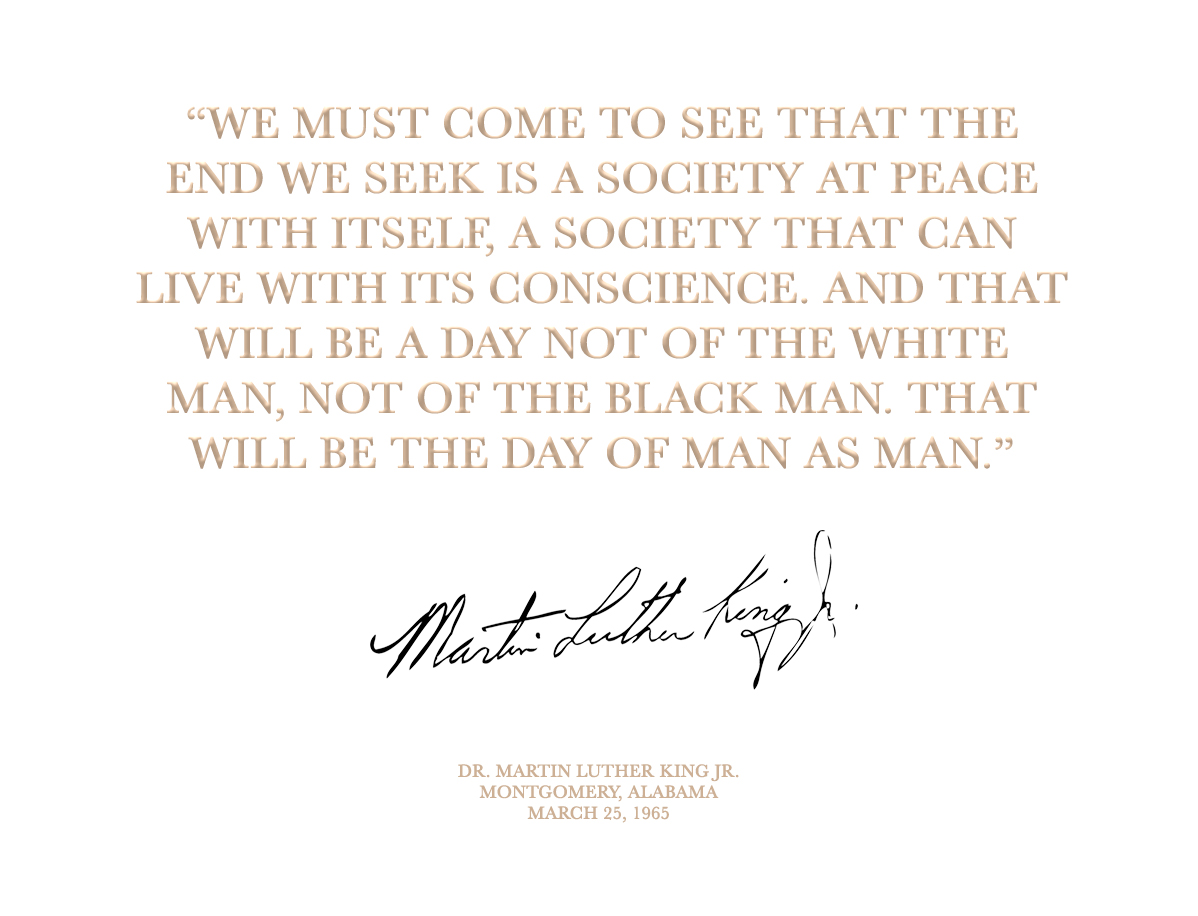
Comments & Discussion
Boston University moderates comments to facilitate an informed, substantive, civil conversation. Abusive, profane, self-promotional, misleading, incoherent or off-topic comments will be rejected. Moderators are staffed during regular business hours (EST) and can only accept comments written in English. Statistics or facts must include a citation or a link to the citation.